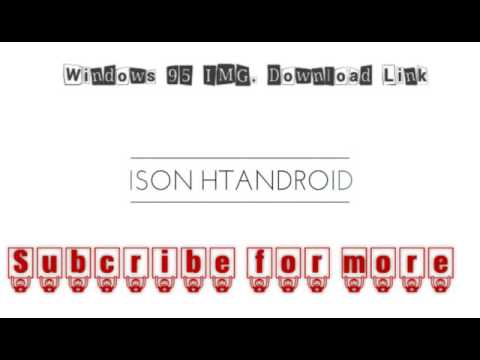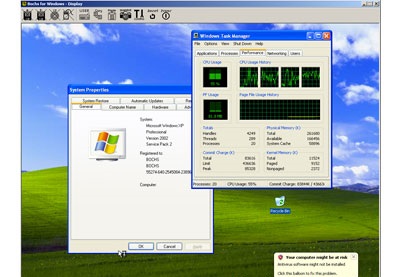

From the base directory issue the following command:
BOCHS DOWNLOAD ANDROID INSTALL
bochsrc, which resides in the base directory.īefore you can install an operating system using the new emulated hardware, you need to create a virtual hard disk. The Bochs operating environment is regulated by a single file. Then change to the super user ( su) and issue the make install command. After configure has finished checking and generating the make files, issue the make command. The configure command tells Bochs to prepare the make files, enabling the network card and the CD-ROM. The source package is a better option, as it allows you to specify various options during install.Ĭhange to the directory which houses the tarball, untar it, and run the configure script: For Linux, you can download either the source package (.tar.gz) or the RPM. You can download the latest release of Bochs, 2.1.1, in various packages for various environment. But Bochs is an ideal teaching tool for operating system classes. Unfortunately, you need high-performance top-of-the-line hardware to use the emulated environment productively. The Bochs Web site says that Bochs is an ideal operating system and application testing environment. However, hardware emulation deals a massive blow to the performance of the non-native operating systems. Bochs enables you to install Windows on a SPARC workstation or Debian on a Mac.

BOCHS DOWNLOAD ANDROID SERIAL
Bochs (pronounced “box”) provides I/O emulation for a computer’s standard parallel port, serial port, VGA card, disk, CD-ROM, timer chip, and network card, along with a custom BIOS.Įmulating the x86 hardware is Bochs’s strongest point. It emulates 286, 386, 486, Pentium, Pentium Pro, and AMD 64-bit CPUs, fooling the guest OS into thinking that it’s running on real hardware. And none of these alternatives run on Macintosh or SPARC-based hardware.īochs, an open source project, may be a better answer. WinLin does a little better, but it doesn’t support Windows NT, 2000, or XP. Wine, on the other hand, though free, supports a very limited number of applications, and the same can be said about CrossOver Office. VMware is a (costly) commercial application that lets you run a guest operating system on a Windows or a Linux installation. An open source project called Bochs may be your best option. And yes, you want to keep the costs to a minimum. What if you need to run your legacy Windows application on a Linux box, a Mac, or a Solaris-based workstation? To make the equation even more interesting throw in a few requirements - add transferring old legacy accounting data over the network, or using the backed-up data from a CD-ROM.


 0 kommentar(er)
0 kommentar(er)
